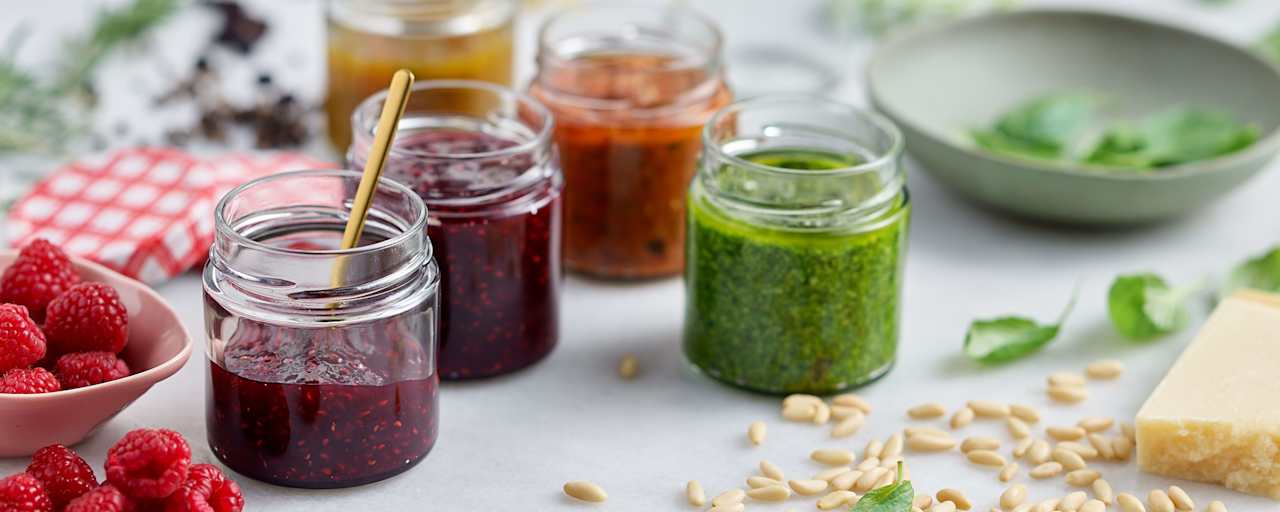Food waste is becoming a growing concern in our society. But it doesn’t have to be! By making small changes in everyday cooking habits we can minimize the waste we produce and our impact on the environment. We’ve put together a list of ideas for you to implement in your daily life, so let’s get started…

Make a habit of thoroughly checking your pantry and fridge before heading to the supermarket. Get inspiration from the leftovers in your fridge, from the open packs of ingredients that need using, as well as from chilled foods that are approaching their “use by” dates. Search Cookidoo® recipes by ingredients, to help with your planning. Now plan your dishes, and write your shopping list. Make your shopping list specific, with the quantities of the ingredients you need, to avoid unused ingredients going to waste.
If you want to avoid unnecessary ingredients and impulse buys, follow your list faithfully. Impulse items are usually the ones that go to waste. While walking the aisles of the supermarket, choose ingredients with less packaging. Consider buying staples in bulk, which makes a big impact on reducing waste. If available, purchase imperfect produce such as misshapen carrots or peppers. Not only does this decrease the amount of produce in the landfill, it is often more budget friendly too!
Buying local items such as seasonal veggies, local farm-raised chicken or farmers market breads will also reduce your carbon footprint.

Now that you’re back in your kitchen, let’s talk about how you can reduce food waste in your own home. The stems, peels and leaves of vegetables are filled with vitamins. Not all vegetables need peeling, some simply need scrubbing before cooking. Or if you do peel them, use the scraps for stocks, garnish, or to make some carrot top pesto. Meat trimmings and bones are also perfect for making broth, and day-old bread is great for croutons and bread pudding! Batch cooking is a great way to prevent leftovers, for instance use that large cabbage or entire package of legumes in a single dish. Use extra servings for your weekly lunches or freeze them. Batch cooking saves time, and uses less energy than producing meals from scratch everyday!
If you have an excess of fruit or veggies, make some juice or try preserving. Preserving is a great way to extend the life of produce. From jam to sauerkraut, you can easily fill your pantry with enough food to get through the winter and supplement your table!
Search on Cookidoo® for more inspiration to use up leftovers and minimize waste in your own kitchen.